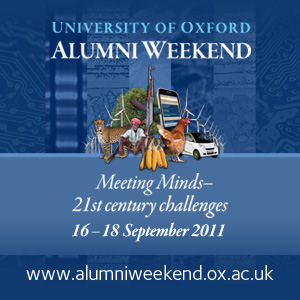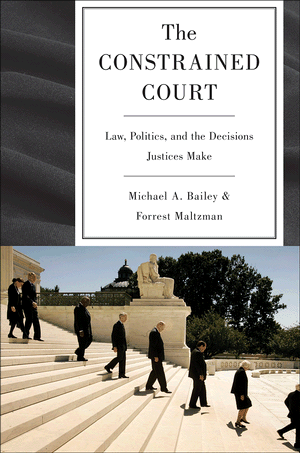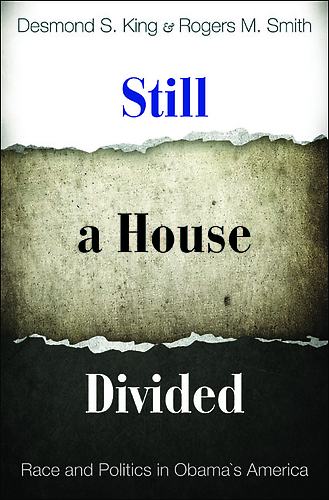
The Passing of Vaclav Havel
Prague: 23rd December 2011. There are many fuzzy contours to the upcoming year, marred by pessimistic forecasts and feelings of uncertainty and anxiety. These are echoed in the melancholic atmosphere of today’s Prague. Yet, right at the time when one would think that most Czechs are able to care only about things which bring them material profit, the bulk of the people in this country show that such a judgement would be harsh and unfair: thousands and thousands of them, all visibly moved, have been attending designated places (first a church near the Charles Bridge, later the Vladislav Hall in the Prague Castle) to bow down before the coffin of our former President, usually after waiting for hours in long …
Religious freedom, religious equality and religious establishment: a toxic brew
Religious freedom, if it means anything at all, must mean the ability of people of all faiths and none to practice their religion, to form religious associations and perhaps, if necessary, to be exempt from some civil laws, as Sikhs are relieved of the requirement to wear motorcycle helmets. These exemptions should be offered uniformly, based upon the religious beliefs and the impact of the exemption, not on the constitutional status of the religious organization involved. Religious equality means treating all religions the same: Christians, Sikhs, Hindus, Buddhists Muslims and Jews, as well as all denominations within each of them. However, religious establishment (a term that may well be essentially contestable in British constitutional law) necessarily carries privileges with it …

Justice Between Generations (Alumni Weekend: 17 September 2011)
At the Alumni Weekend 2011, Dr Mark Philp, Professor Simon Caney and Dr Adam Swift discussed the issue of intergenerational justice and asked questions about how we should allocate resources inter-generationally across areas such as welfare, pensions, higher education and the environment. By means of introduction, Dr Mark Philp, Fellow and Tutor in Politics of Oriel College and a Lecturer in Politics in the University since 1983 as well as a former Head of the Department of Politics and International Relations, set out some necessary assumptions for a worthwhile discussion of intergenerational justice: a non-deterministic world in which our choices actually matter, and an absence of either huge optimism or pessimism about the future (either of which would make worrying …

“The Rights of Journalism and the Needs of Audiences”: Onora O’Neill on the Rise of Corporate Media
On 21 November 2011, the Oxford Reuters Institute for the Study of Journalism hosted its annual Memorial Lecture at St. Anne’s College, exploring “The Rights of Journalism and the Needs of Audiences.” The topic shed light on the phone hacking scandals that occurred last summer, shaking both media and consumers alike, and culminating with the closure of Rupert Murdoch’s News of the World. The Institute had the distinct pleasure of hosting renowned philosopher and former President of the British Academy, Baroness Onora O’Neill, to deliver the lecture. O’Neill framed her talk around the complicated relationship between the rights to privacy and free press, emphasising that the debate between these two key features of democratic societies fails to adequately show how …

The U.S. Supreme Court and health care
Obama’s landmark health care reform legislation was perhaps the most consequential social policy change in the U.S. in several decades. And we now know that whether it will fully go into effect will depend on the views of the nine unelected, life-tenured justices of the Supreme Court. After Bush v. Gore and Citizens United many Court observers have become jaded, viewing the Court’s actions simply as extensions of politics. This view has a strong pedigree in political science and, if it is correct, it’s pretty easy to predict what will happen to the health care law: down it goes. Four justices are solidly conservative and there is little doubt about their policy preferences. A fifth, Justice Kennedy, is a …

The Politics of Race: Book Launch for “Still a House Divided” by Desmond S. King & Rogers M. Smith
On Friday, 11 November, 2011, Nuffield College hosted a panel of scholars in the field of American politics, identity, and race, to discuss the September 2011 publication of Still a House Divided: Race and Politics in Obama’s America by Desmond S. King and Rogers M. Smith. The dialogue that ensued engaged the authors with a series of questions surrounding the book’s central thesis: despite the real progress in racial equality achieved by the 1960s civil rights legislation, the United States political institution has been caught in between two modes of conceptualizing, and enacting policy, about race— both of which have failed to close the tremendous gap in racial disparities in social and economic welfare that are a legacy of American …

The Myth of ‘Sixty Years of Oppression’
Reem Abou-El-Fadl has recently published an article in Al-Akhbar English newspaper entitled ‘From Nasser to Tantawi: The Myth of “Sixty Years of Oppression”‘. The article considers the connections that have been made in Egypt between the July 1952 Revolution, launched by the Free Officers movement, and the January 2011 Revolution, launched by this year’s popular uprising in Egypt. The article acknowledges that military officials first came into government after the July Revolution, but it goes on to explore the deceptive myth of ‘sixty years of oppression’ since, which has been heard often in recent months. ‘Yet today’s generals are protecting an entirely different set of interests from those important to the Free Officers. They have presided over months of delay …
Mutualism and social democracy
The role of the mutual sector in forging a strong economy and a more equal society is fast becoming hotly contested territory in British party politics. In the wake of the most severe global depression for more than eighty years and the search for viable and practical alternatives to neo-liberalism, politicians across the ideological spectrum have ostensibly vied to champion and take ownership of the mutualist cause. The values and institutions of mutualism have the potential to act as a vehicle for a new politics of the public interest after the financial crisis, or so the argument goes. For the left in particular, mutualism offers an alternative to the Coalition government’s invocation of ‘the big society’. Nonetheless, the operating frameworks …









